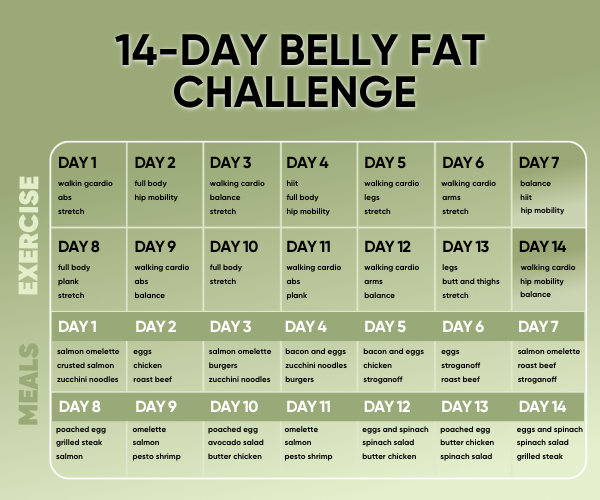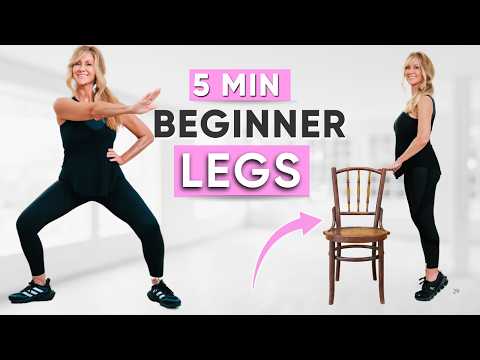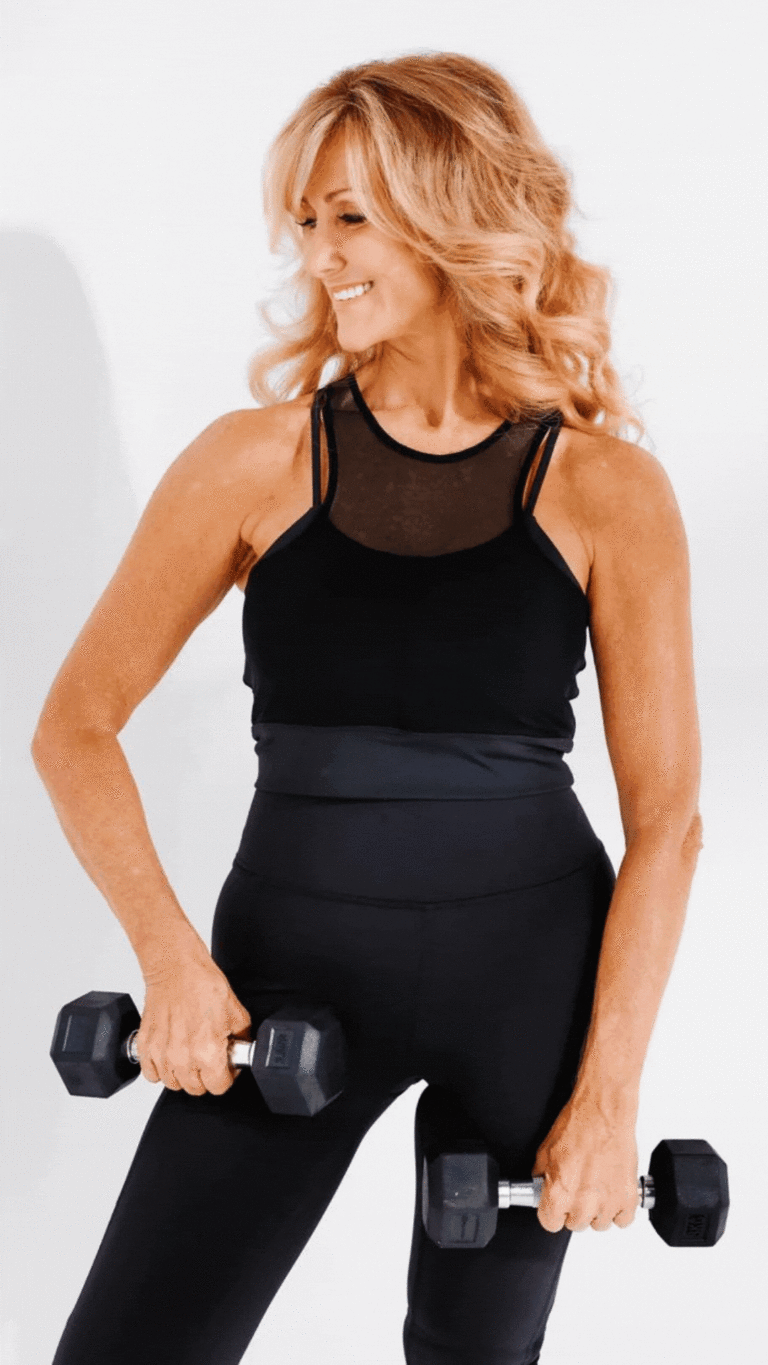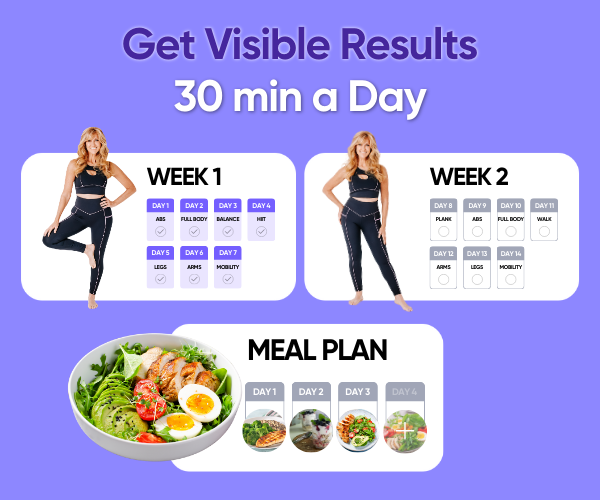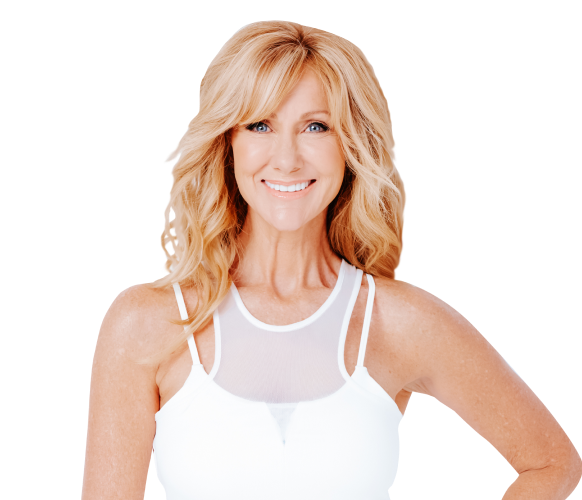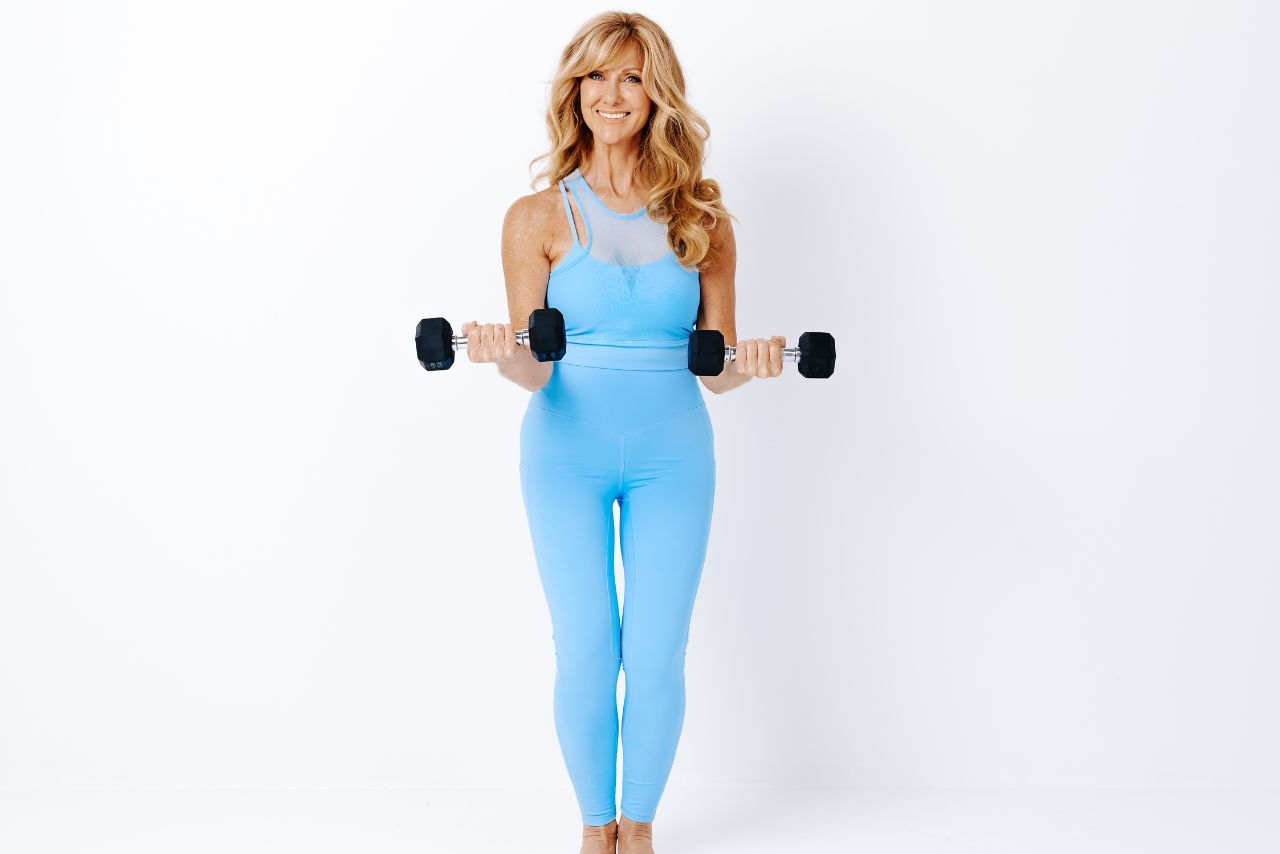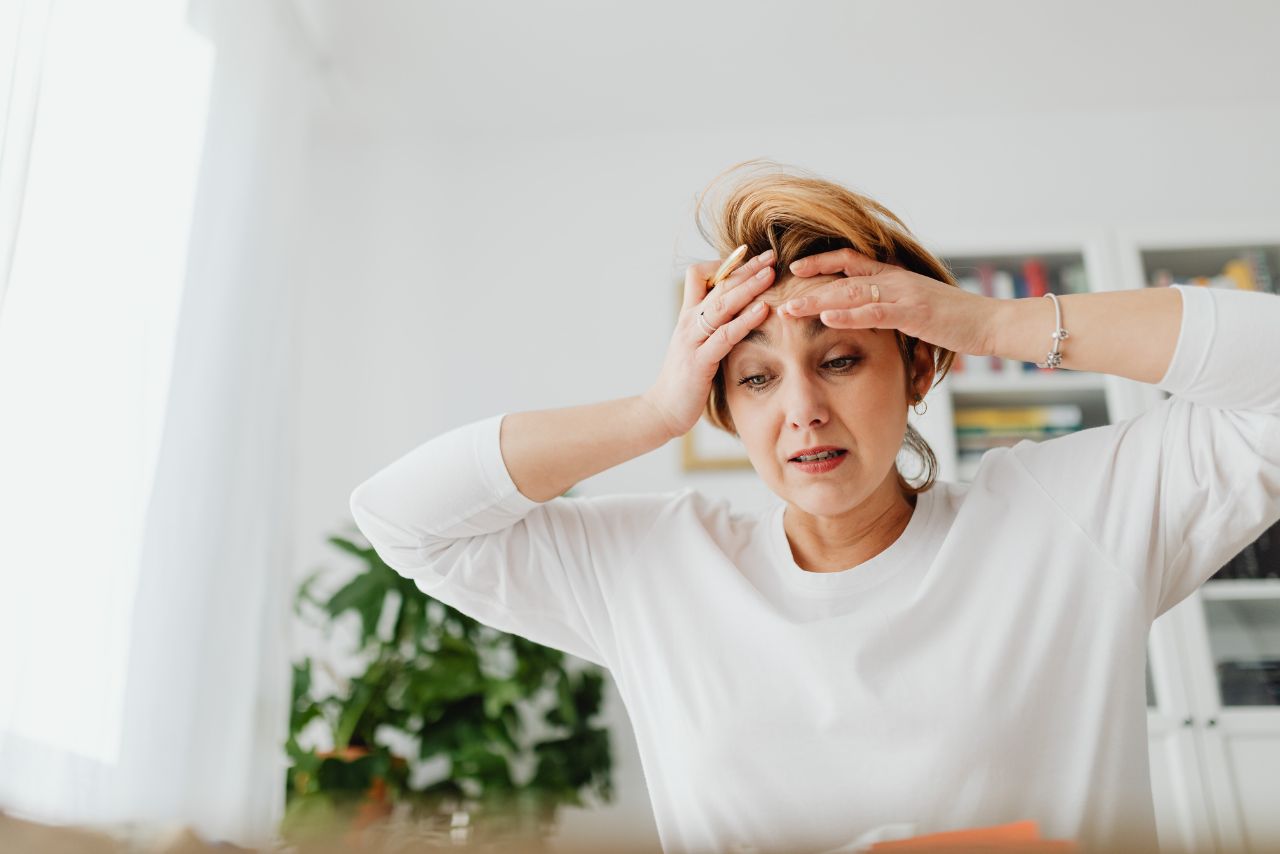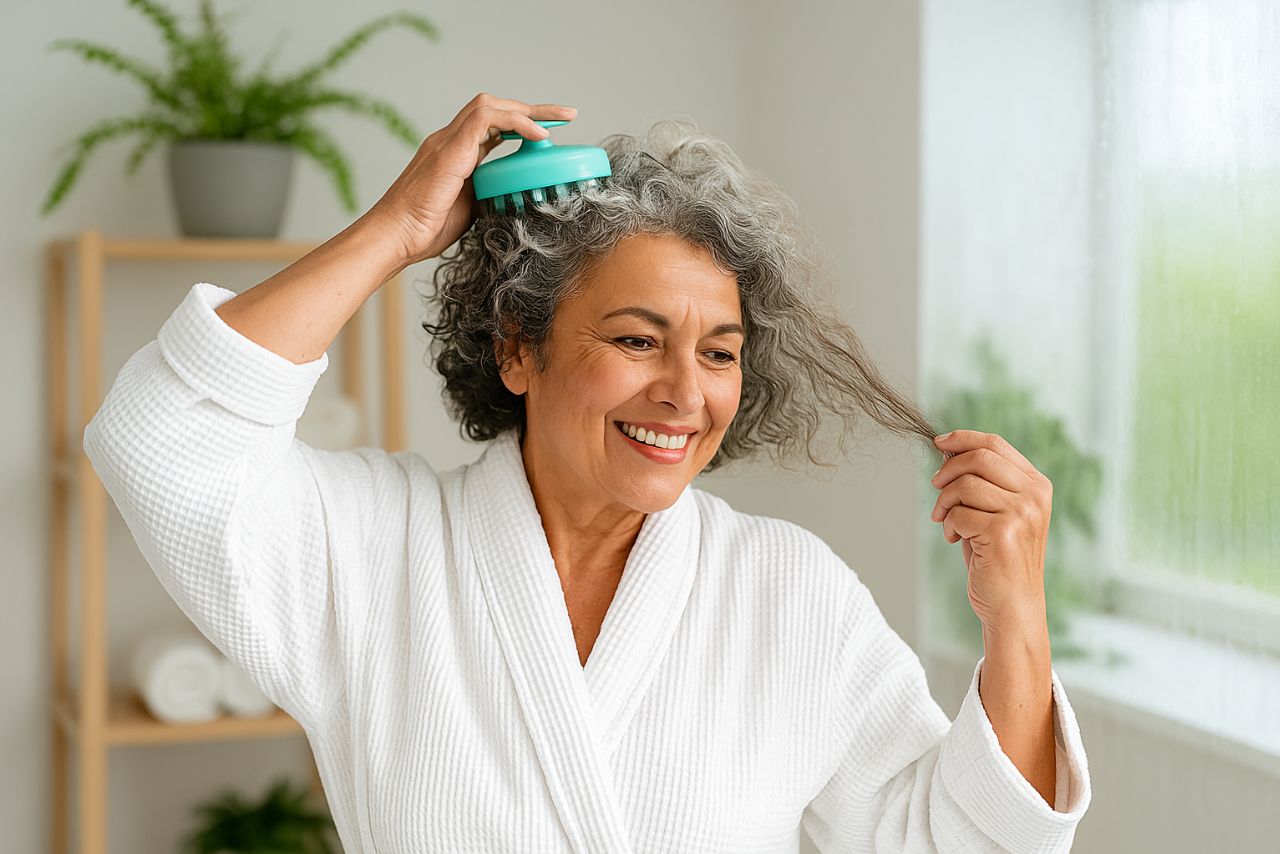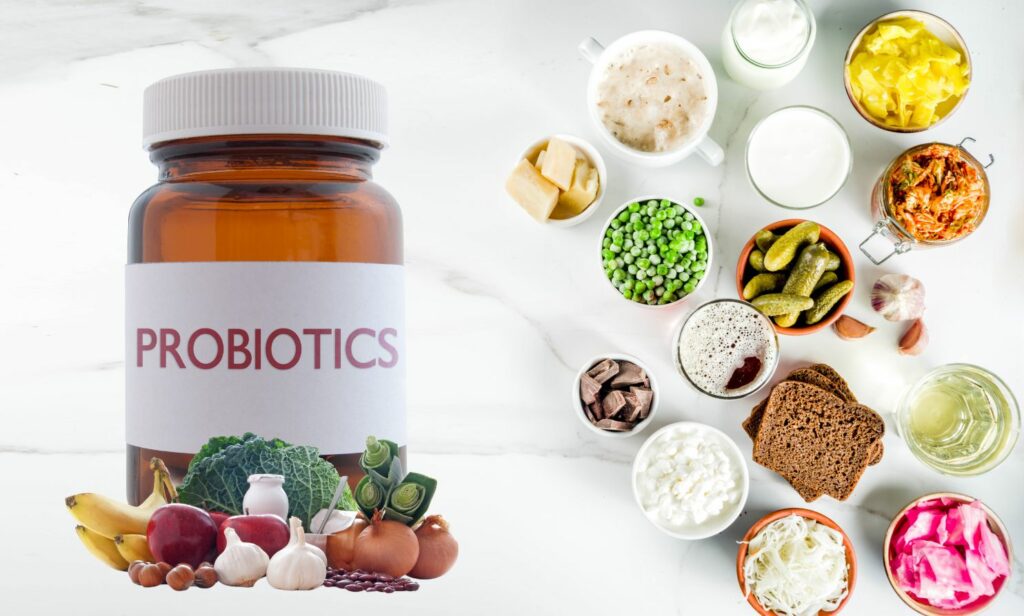
Probiotics can be helpful during menopause because hormone changes can affect your gut and vaginal microbiome, which may show up as bloating, constipation, recurring infections, weight changes, and overall inflammation.
The real question isn’t whether probiotics “work,” but which source is the smartest for you: food or supplements.
If you’re generally healthy and you want a simple, natural way to support digestion, immunity, and bone-friendly nutrition, probiotic foods are usually the best place to start.
If you’re also dealing with stubborn gut symptoms, frequent vaginal discomfort, or you’ve recently used antibiotics, a high-quality probiotic supplement may be the better short-term option because it can deliver a more targeted dose. In many cases, the “best” approach is both: food for daily gut support, supplements for specific goals.
Today, I will be shedding light on the best probiotics for menopause, whether it’s food or supplement probiotics, so you can choose the option that fits your body, symptoms, and lifestyle.
Key Takeaways: The Best Probiotics for Menopausal Women
- Best starting point for most menopausal women: probiotic foods daily (yogurt/kefir, fermented vegetables, aged cheeses) for steady gut support and extra nutrients.
- Best choice for targeted results: probiotic supplements when you need specific strains/doses (after antibiotics, ongoing bloating/constipation, recurrent vaginal imbalance).
- Most realistic “winner”: a combo approach, food as your foundation, supplements as your tool when symptoms need extra support.
- What matters more than “food vs supplement”: the strain, the dose, and how consistently you take it.
- Safety note: if you’re immunocompromised or have serious health conditions, check with your doctor before using probiotic supplements.
Menopause and Probiotics
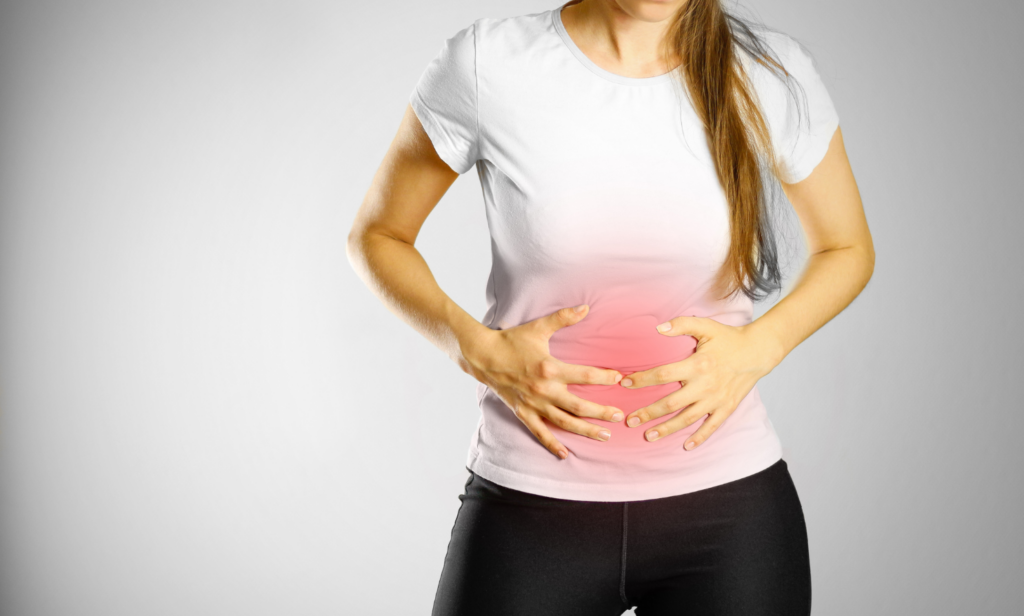
During menopause, your body goes through big changes in hormones, especially a drop in estrogen. This change in hormones can have a lot of effects on your body, like changing the bacteria in your gut.
Your gut microbiome, which is a community of beneficial bacteria, is vital to your health. This microbiome imbalance can cause digestive issues, weight gain, and infection susceptibility.
Gut health and menopause are complexly linked by hormones, bacteria, and other factors. Probiotics may help with menopause-related health issues.
The gut microbiome can become unbalanced during menopause, causing harmful bacteria to grow. This imbalance, called dysbiosis, can lead to health problems, such as those that come with menopause. Probiotics can restore this balance and ease menopausal symptoms.
Probiotics may reduce menopausal symptoms like hot flashes. They can also protect bone health during menopause, when the risk of osteoporosis rises. Probiotics also help menopausal women lose weight.
Probiotics can also help increase the number of bacteria in the gut and, as a result, the production of short chain fatty acids (SCFAs) in the gut. This has many health benefits, including better bone health. Women who have gone through menopause can lose less bone mass if they make more SCFAs.
However, probiotics can come from two main sources: food and supplements. But which source is best for women going through menopause?
Let’s take a look at the best probiotic source for menopause between food and supplements.
READ ALSO: How to Develop A Healthy Relationship With Your Food & Body During Menopause
Food Sources of Probiotics
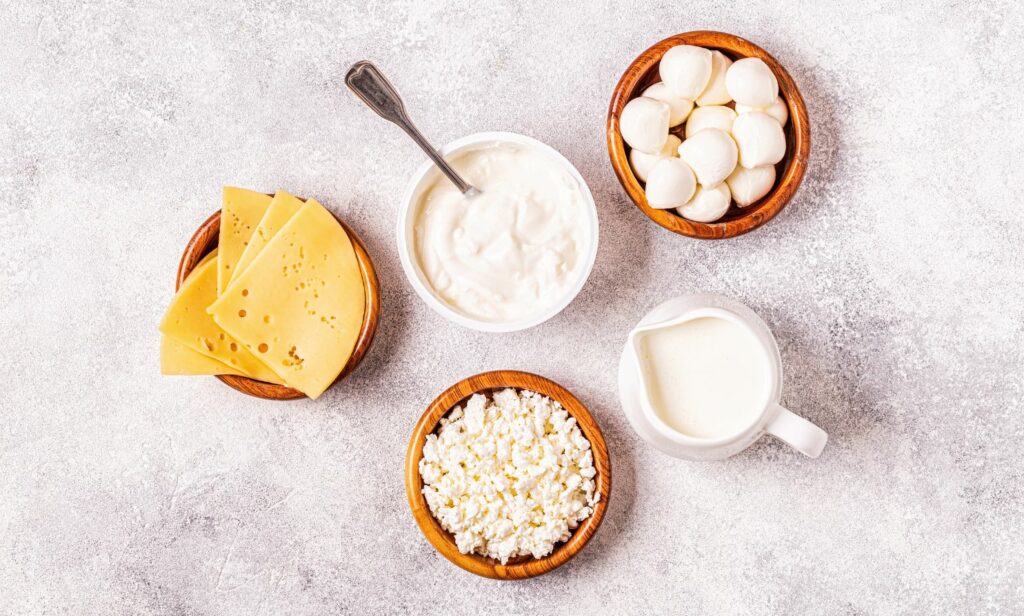
Probiotics are found naturally in many kinds of food, especially fermented foods. Some of these are yogurt, kefir, sauerkraut, kimchi, and Gouda, mozzarella, and cheddar cheeses. You can get more probiotics from these foods, which is good for your gut health.
Fermented vegetables like kimchi and sauerkraut, as well as probiotic yoghurt and kefir, are all examples of probiotic foods. Fermented vegetables are vegetables to which probiotic bacteria have been added and which have been left to ferment the fiber in the vegetables. Lactobacillus species, which are found in these probiotic foods, are important for vaginal health.
Food-based probiotics are good because they are easy to add to your diet. They are also good for your health because they give you important vitamins and minerals. Plus, they have probiotics in them naturally, which makes them a safe and healthy choice.
The amount and types of probiotics in food, on the other hand, can vary a lot. Food’s probiotic content can be affected by how it is cooked, how it is stored, and whether or not it has been pasteurized.
So, while probiotics found in food are good for you, they might not contain enough probiotics for therapeutic effects.
READ ALSO: 15 High Carb Foods That Are Incredibly Amazing for Menopause
Are Probiotic Foods Enough For Menopause Symptoms?
For many women, yes, especially as a daily foundation. Probiotic foods support gut bacteria gently and consistently, and they come with bonus nutrients your body needs during menopause (like protein and calcium in yogurt/kefir, and fiber and plant compounds in fermented vegetables).
But probiotic foods can be inconsistent in strength (processing, storage, pasteurization, and serving size all matter). So if you’re dealing with ongoing digestive discomfort, frequent infections, or you want a specific therapeutic effect, food alone may not be enough.
Probiotic Supplements: What Are They?
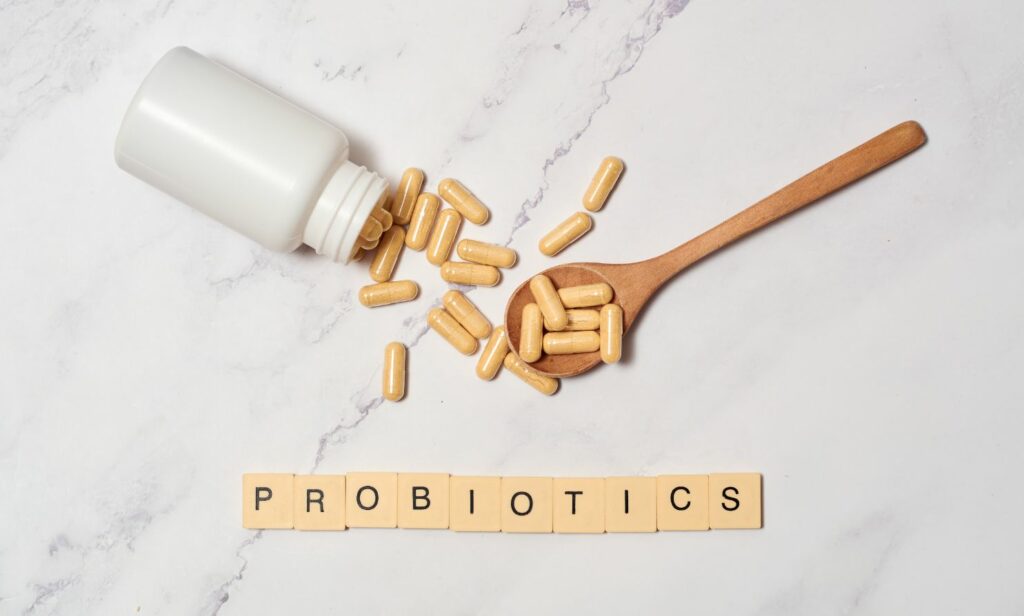
On the other hand, probiotic supplements are specially made products that have a high concentration of probiotics. They come in capsules, tablets, and powders, among other forms. These supplements can give you a higher dose of probiotics than you might get from food.
The benefit of probiotic supplements is that they are easy to use. You can take them quickly and do not have to worry about making a meal. Also, they often have more than one type of probiotic strain, which gives them a wider range of benefits. Supplements also make dosing more accurate, so you can get exactly the amount of probiotics your body needs.
But not every probiotic supplement is the same. The effectiveness and quality of these products can vary a lot. Similarly, they might not be right for everyone, especially people with weak immune systems.
READ ALSO: Menopause and Estrogen: What Really Goes On With Your Hormones
Probiotic Foods or Supplements for Menopausal Women
Probiotics are supplements or foods that have live bacteria in them. They have been shown to improve insulin sensitivity and metabolic function in women over 50 with higher body weights.
They can also help rebalance the vaginal microbiome during menopause, stop hot flashes from happening, and lower the risk of heart problems.
Here are some benefits of both probiotic foods and supplements for menopausal women
- Probiotic supplements provide concentrated probiotics. They are especially helpful for menopausal women with gut microbiome imbalances. These supplements may have greater therapeutic effects due to higher probiotic doses.
- Food-based probiotics are a great way for menopausal women to improve their health. They not only give you the probiotics you need, but they also have other health benefits. For example, yogurt and kefir have a lot of calcium, which is important for healthy bones during menopause.
- Probiotic supplements often contain multiple probiotic strains for a wider range of benefits. They can improve gut health, menopausal symptoms, and immune function. It is important to choose high-quality supplements and consult a doctor before starting a supplement regimen.
- Food-based probiotics can also help make your diet more balanced and varied, which is good for your health as a whole. They can help with digestive problems, keep bones healthy, and might even help with menopause symptoms. Natural probiotics are safe and well-tolerated.
When Are Probiotic Supplements a Better Choice Than Food?
Supplements are usually the better choice when you need precision and potency. They can provide specific probiotic strains in a measured dose, this is helpful if you’re trying to correct an imbalance rather than “maintain” gut health.
Supplements may be worth considering if you:
- have persistent bloating, constipation, or IBS-like symptoms
- get frequent vaginal discomfort/imbalance
- recently took antibiotics
- struggle to eat probiotic foods consistently
That said, quality varies, choose reputable brands, and don’t assume “more CFUs” automatically means better.
How to Choose the Right Probiotics for Menopausal Women
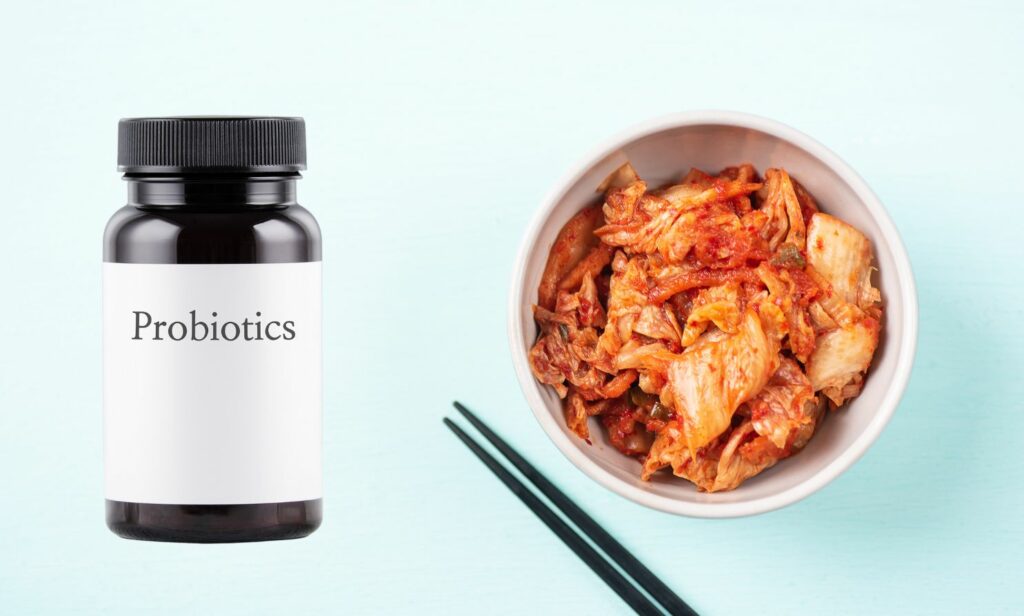
It is important to consider your needs and health goals when choosing probiotics for menopausal women. Food-based probiotics may be the best option for a natural and holistic approach. They add nutrients to your diet and are easy to add.
If you want to be as healthy as possible, you should eat a variety of probiotic foods, prebiotic fiber, and polyphenols. Fermented vegetables like kimchi and sauerkraut have all three (probiotics, prebiotic fiber, and polyphenols), so you get more of the benefits.
However, if you have serious menopause-related health issues, probiotic supplements may be better. They provide a concentrated dose of probiotics and more benefits.
But keep in mind that when you take a supplement, it goes straight to your stomach and skips part of your digestive tract, which starts in your mouth. This means that the probiotic only helps part of your digestive system.
Always choose high-quality products from reputable manufacturers and consult a healthcare provider for personalized advice.
So Which is Best For Menopausal Women: Food Probiotics or Supplement Probiotics?
Food probiotics are best for daily, long-term support. Supplements are best for targeted support when symptoms are stronger or when you need a specific strain/dose.
A simple way to decide:
- If your goal is general gut health + overall wellness, choose food first.
- If your goal is symptom support (gut or vaginal imbalance) and you want a more direct approach, choose a high-quality supplement.
- If you want the most balanced plan, do both: food daily + supplements for 4–8 weeks when symptoms flare, then reassess.
Closing Thoughts
Food and supplement probiotics are beneficial for menopausal women.
Food-based probiotics are natural and holistic, while supplements provide a concentrated dose. The best source depends on your needs and health goals.
Remember that probiotics are only one part of menopause management and overall health.
A balanced diet, regular exercise, and a healthy lifestyle are essential. Always consult a doctor before starting a new diet or supplement regimen.
FAQs: The Best Probiotics for Menopausal Women
Yogurt with live cultures, kefir, sauerkraut, kimchi, and certain aged cheeses can be great options. Choose varieties with minimal added sugar and keep portions realistic so it’s easy to stay consistent.
They can support gut health and metabolic function for some women, but they’re not a stand-alone weight loss solution. The best results usually come when probiotics are paired with protein, fiber, strength training, sleep support, and stress management.
They may help by supporting the vaginal microbiome (especially certain Lactobacillus strains). If symptoms are persistent or severe, it’s best to treat this as a medical issue too, not only a supplement issue.
Some women notice digestion improvements in 1–2 weeks, but meaningful microbiome changes often take 4–8 weeks of consistent use.
For food-based probiotics, daily is ideal. For supplements, daily use is common during a targeted “support phase,” then you can reassess and decide whether to continue, cycle, or rely mostly on food.
Most healthy people tolerate them well, but if you have a compromised immune system or complex medical conditions, you should speak to your doctor before using probiotic supplements.
Look for clear strain names (not just “proprietary blend”), a reasonable CFU range, good storage guidance, and a reputable manufacturer. If your goal is vaginal support, look for strains commonly used in women’s health formulas.
Often, yes. Prebiotics (fiber that feeds good bacteria) can make probiotics more effective. You can get them from foods like beans, oats, flax, onions/garlic, and many fruits and vegetables.
First published June 23, 2023. Last updated November 30, 2025.

